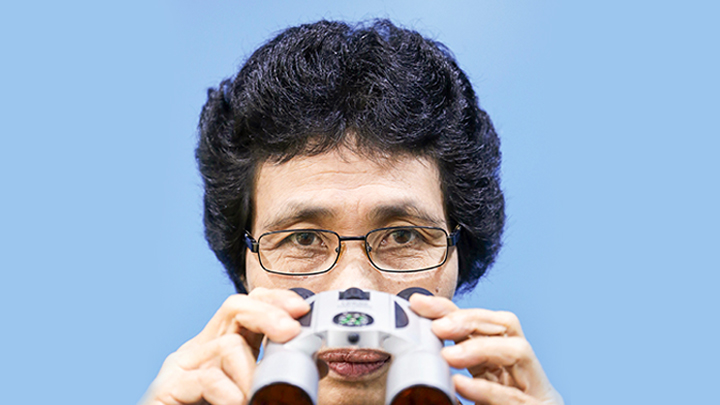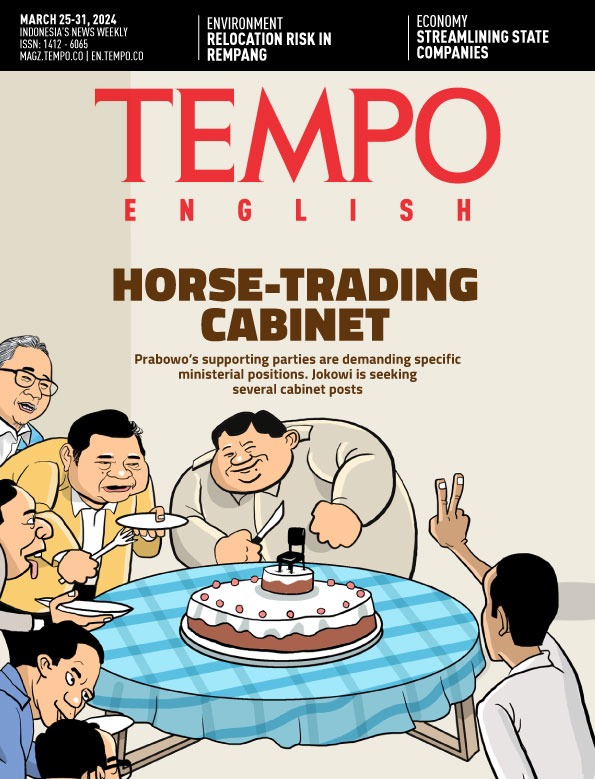Albertina Ho, Member of the Supervisory Board of the Corruption Eradication Commission: There Are More Powers Scrutinzing Us
Tuesday, February 11, 2020
arsip tempo : 171325151115.

The KPK staff association filed the complaint on February 4 in response to KPK Chief Firli Bahuri and four other commissioners’ decision to transfer Comsr. Rossa Purbo Bekti back to the national police.
Rossa was the lead investigator of the probe into alleged corruption in the parliament recall which implicates General Election Commission (KPU) commissioner Wahyu Setiawan and former legislative candidate from the Indonesian Democratic Par
...
Subscribe to continue reading.
We craft news with stories.
 For the benefits of subscribing to Digital Tempo, See More
For the benefits of subscribing to Digital Tempo, See More









